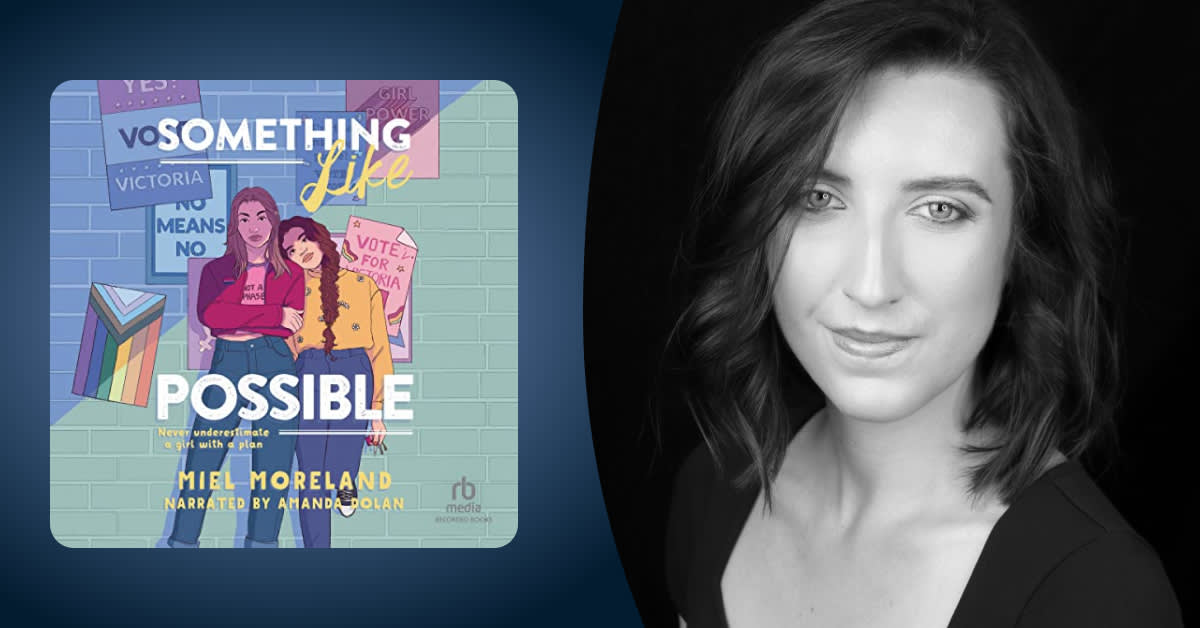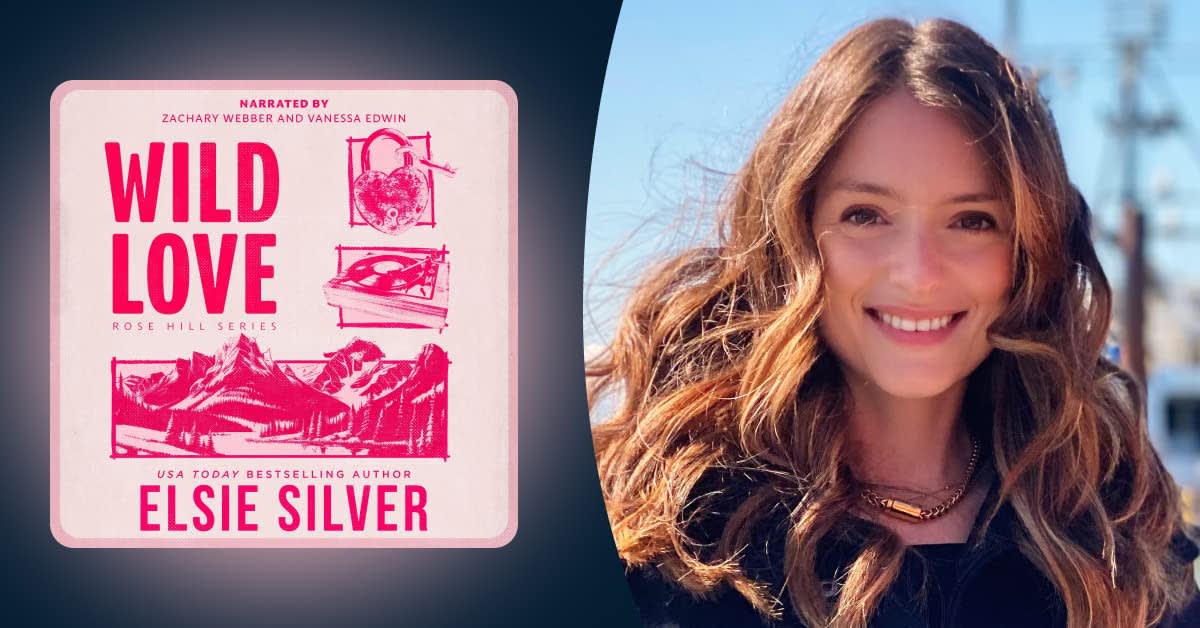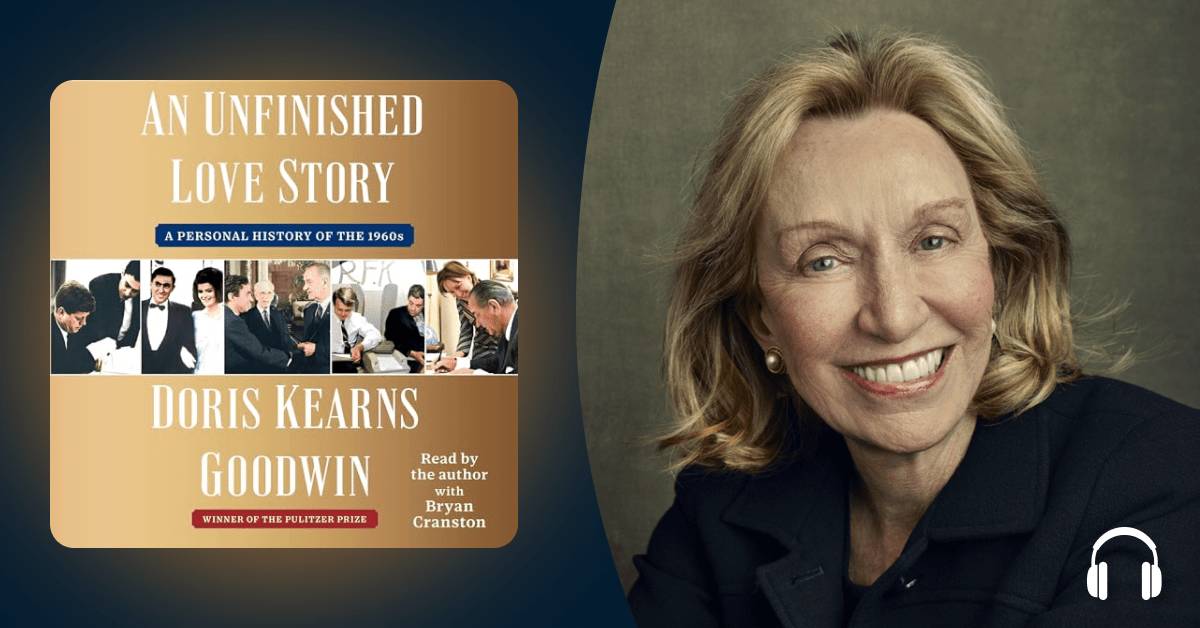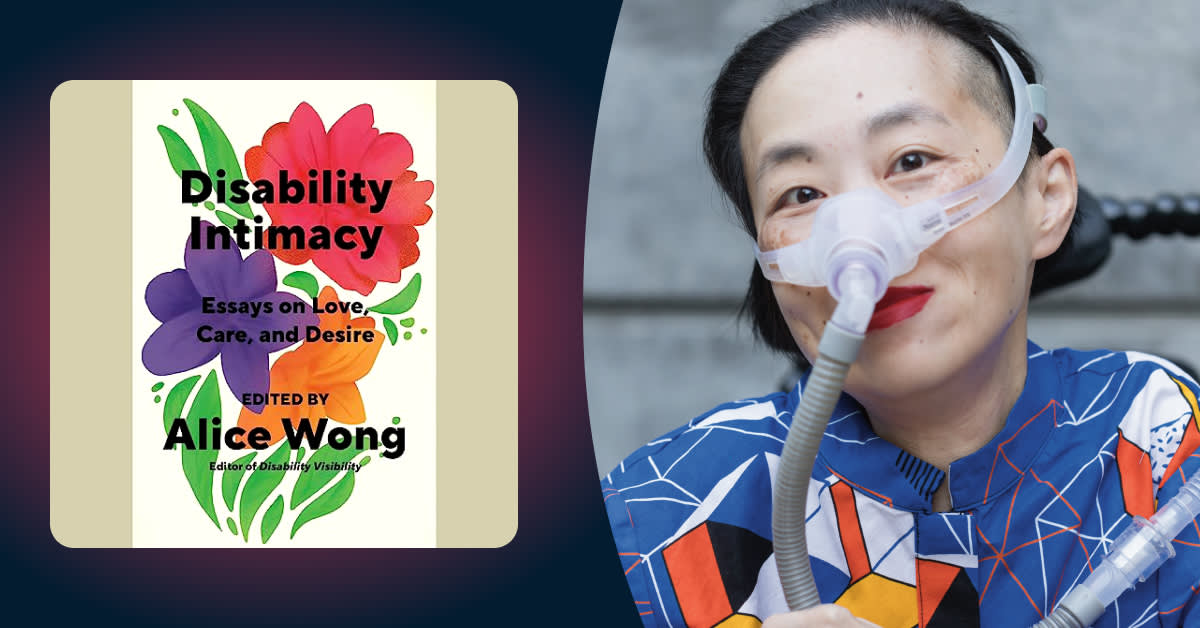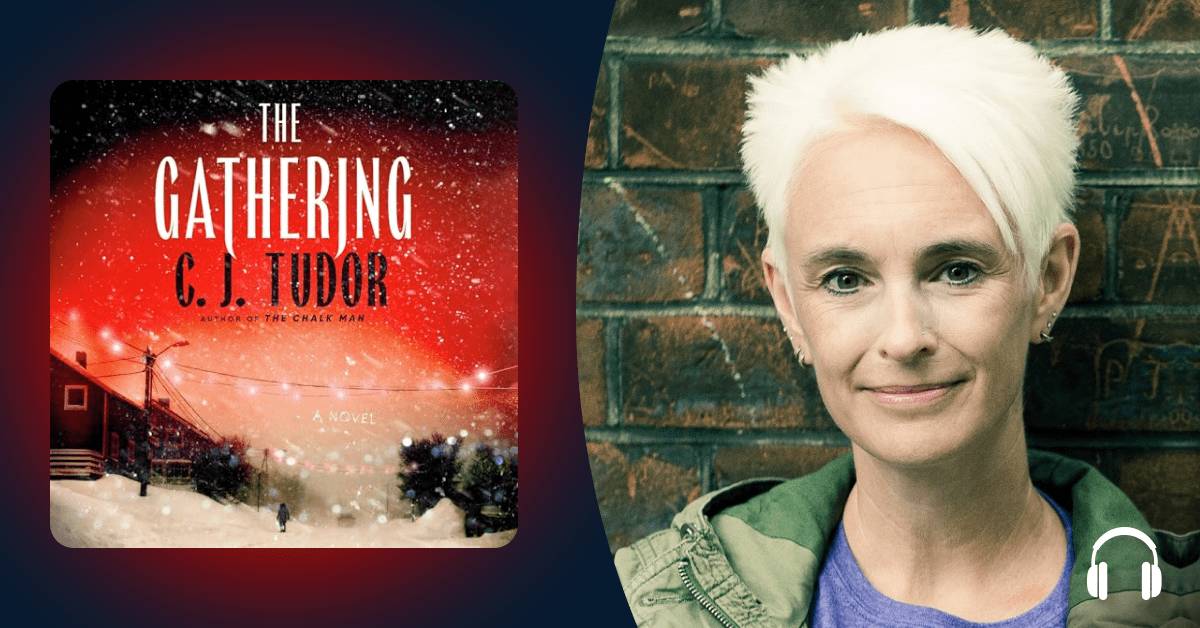In Miel Moreland's new novel Something Like Possible, an ambitious bisexual teen named Madison is fresh off a breakup with her ex-girlfriend, who has also dumped Madison as her campaign manager. Soon, Madison has a new candidate to get behind—and a growing cause to champion as a pattern of harassment in the student government comes to light.
Audible: What drew you to write Something Like Possible?
Miel Moreland: When I’m circling a new idea, I’m always pulling from several threads and themes that weave together into a single story. I really wanted to write a novel about a character learning how to drive, because that’s the first taste of real-world independence and responsibility a lot of kids have outside of school and family ... but the road there (so to speak) isn’t always smooth. I also was determined to write about an ambitious girl whose ambition is not ultimately painted as this horrible, unlikeable thing about her. Finally, I was extremely frustrated with media that was romanticizing or minimizing abusive dynamics between teachers and students. The winking attitude so much of pop culture has around this abuse is so damaging, and I wanted to call out grooming for what it is.
Where did you draw inspiration from for your characters? Are there any characters that you see yourself in?
While Madison ultimately isn’t me, I drew inspiration for her from my own younger self. I was an ambitious, Type-A kid with a very early interest in politics and a limited amount of patience for peers who didn’t seem to care about the things I did. From there, I populated Madison’s world with characters who would mirror her or challenge her as the narrative developed.
Something Like Possible takes place in a high school setting. Can you share any examples of teachable moments for those close in age to the characters, whether queer youth or allies?
Without giving specific spoilers, I’ll say that one of the takeaways of this book is that even queer people can mess up. We are not born perfect allies to each other, and we need to learn from each other just as we might expect cishet people to learn to advocate with us. Additionally, there’s no one-size-fits-all path for supporting your friends! For example, coming out to the world isn’t always the goal for every queer person, and choosing not to report is just as valid a response to assault as reporting. Supporting someone is about their needs and goals, not yours. Finally, pick your group project partners wisely. And when you can’t pick ... good luck.
Your novels Something Like Possible and It Goes Like This—narrated by Amanda Dolan and Tamika Katon-Donegal, respectively—are both newly available in audio. Can you share any thoughts on bringing them to audio?
I grew up listening to audiobooks on family road trips and long summer days when it was too hot to be outside, and I’m thrilled my novels can now find a similar home in someone else’s memories. Audiobooks also ensure that my books are accessible to a wider swath of readers, which is deeply important to me. Plus, I loved hearing the narrators’ interpretations of my work! Of course, each book felt finally “real” when I could hold it in my hands, but there’s something extra special about your work becoming someone else’s too.
